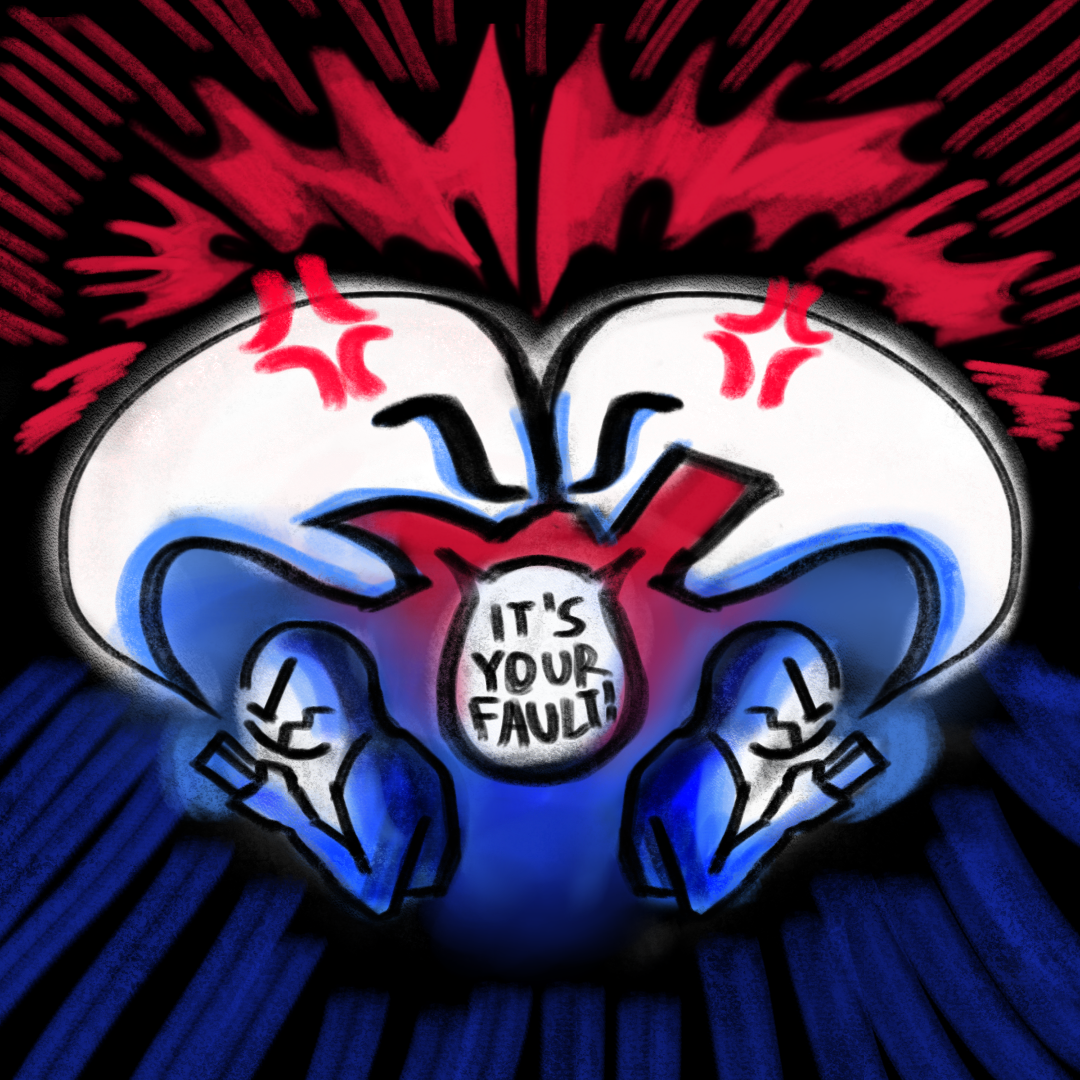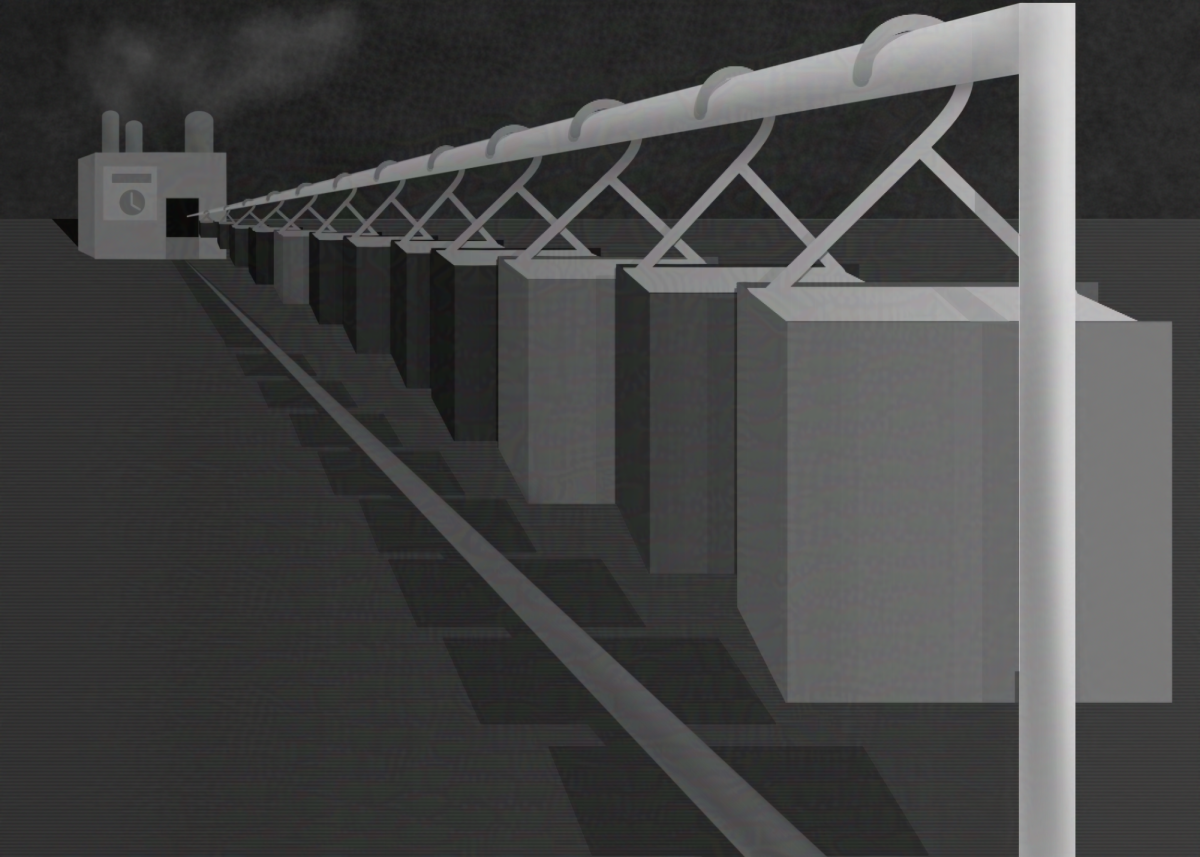It happened again: you’re browsing your Facebook feed and you come across a link titled “This Woman Does Something … You Won’t Believe What Happens Next!” or “Nine Out Of 10 Americans Are Completely Wrong About This Mind-Blowing Fact!”
It sounds so interesting, and it could be accompanied by an image of a half-naked woman. The only thing is, once you’re taken to the page, all you get is a face full of advertisements and misleading, dry-bone information.
This is the definition of “clickbait,” when an online publication misleads readers through its vague, hyperbolic and provocative title so that viewers go onto its website, and subsequently reap more advertising revenue and boast a higher readership count for the publication.
However, this is the journalistic and entertainment equivalent to junk food. It offers an enticing reward that has a short-term payoff, but if it’s something that readers look to for full-time nourishment, they’ll be left unhealthy and intellectually stunted.
It’s a strategy that Upworthy, a self-professed viral media outlet, calls the “curiosity gap,” where readers are intrigued enough by the subject and are drawn in by a cliffhanger, such as “You Won’t Believe What Happens Next!”
The history of Buzzfeed, a very early example of an online publication jumping onto viral media, is an excellent example of the state of online media and its potential future. Thanks to the advent of social media, Buzzfeed became the king of viral media, with a majority of users logging onto the website through Facebook, where Buzzfeed reached 130 million unique visitors by the end of 2013.
This resulted in a slew of copycats, ViralNova, Zergnet and Distractify, just to name a few of the most popular. But, it’s difficult to blame them, “clickbait” sites repeatedly benefit from large amounts of readers and therefore can be a cash grab.
Often, these websites will attempt to present social issues in a effective and impactful manner. However, when articles such as “24 Stereotypes Women Are Sick And Tired Of Hearing” are placed right alongside “21 Waffles That Would Make Leslie Knope Proud,” one has to question how serious its social impact is. It’s undeniably odd that the broad and serious topic of gender stereotypes would be approached in the same way as the culinary preferences of a fictional character.
However, the Buzzfeed of yesteryear is a very different place than it is now.
In 2012, Ben Smith of Politico was hired as editor-in-chief of Buzzfeed, where he would subsequently add a greater focus on hard-hitting news stories and long-form journalism, all while keeping the lighter portion that the website was known for. In fact, as reported by The New Yorker, Buzzfeed would delete over 4,000 of their past posts because “as time passed, they looked stupider and stupider.” Buzzfeed now hosts a parallel universe of decent, balanced reporting.
However, sites that utilize “clickbait” titles, such as Buzzfeed, aren’t truly harmful as a whole. It’s not to say that “clickbait” is the end of modern intellectual society as we know it. Go ahead and take a quiz to see what Disney princess you are, or find out what’s behind that playful, mysterious title. It’s refreshing to see a new generation of online media: one where users decide what content is published, which can result in diverse, genuine pieces. For the most part, these websites aren’t intended to be taken that seriously, and considering their young demographic, it’s no wonder this trend has taken off.
The only worry is that this may become the future of news media. Since the introduction of the internet, the news has been constantly changing. It’s embraced the 24-hour news cycle and citizen reporting, amongst other things. If viral media sites become the information status quo, then we might be ‘clickbaited’ into a future where short attention spans become the social norm.








